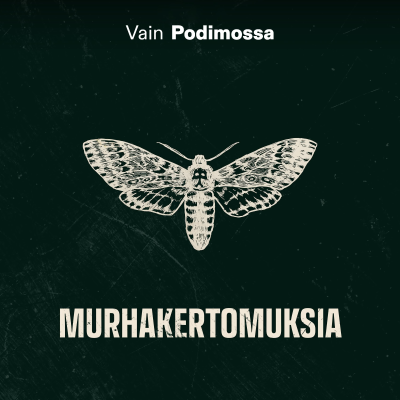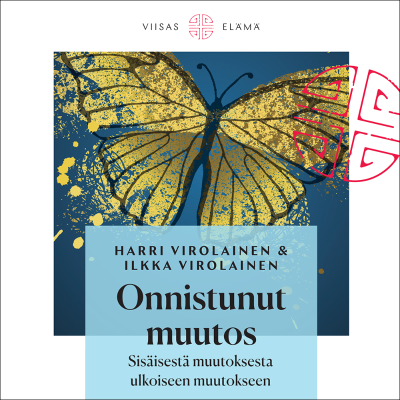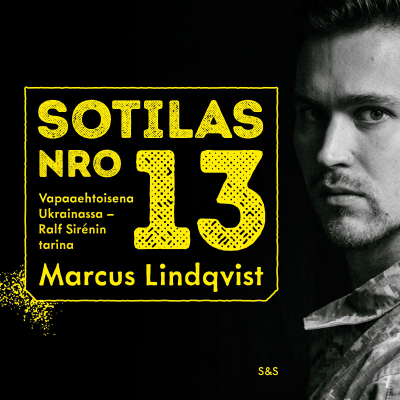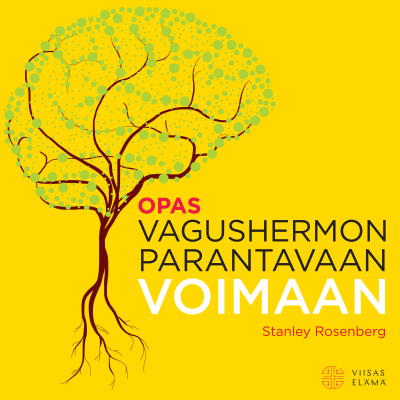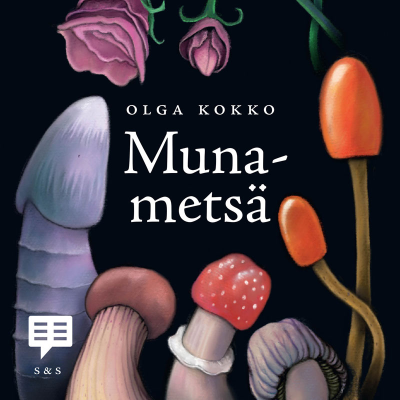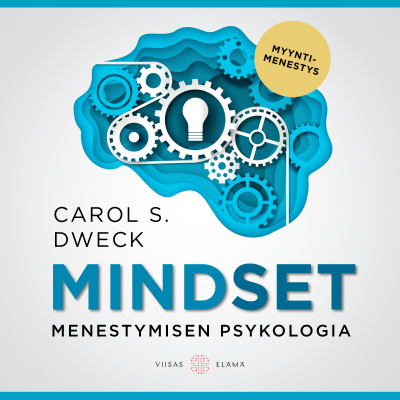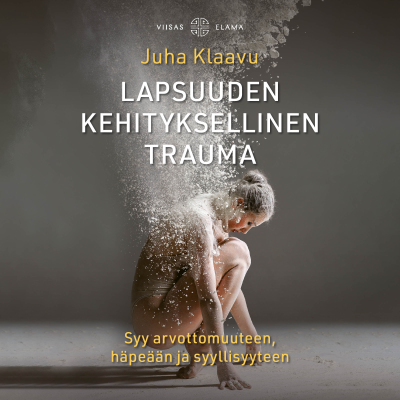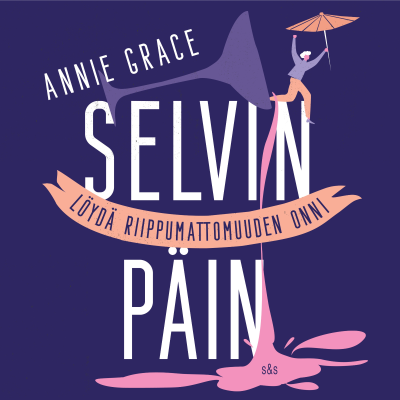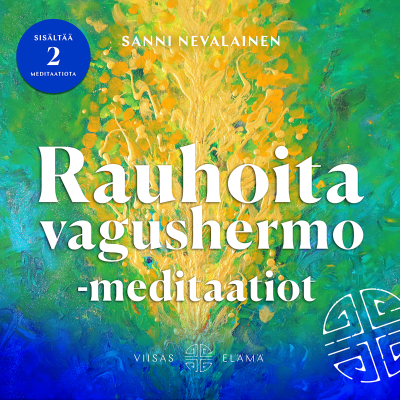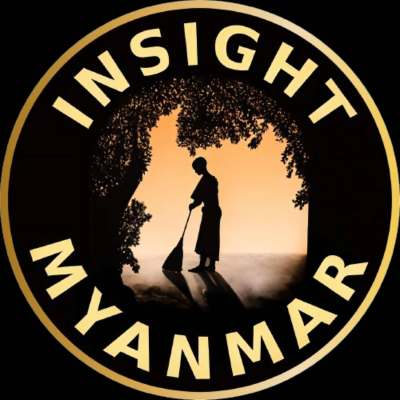
Insight Myanmar
englanti
Uutiset & politiikka
Rajoitettu tarjous
2 kuukautta hintaan 1 €
Sitten 7,99 € / kuukausiPeru milloin tahansa.
- Podimon podcastit
- Lataa offline-käyttöön
Lisää Insight Myanmar
Insight Myanmar is a beacon for those seeking to understand the intricate dynamics of Myanmar. With a commitment to uncovering truth and fostering understanding, the podcast brings together activists, artists, leaders, monastics, and authors to share their first-hand experiences and insights. Each episode delves deep into the struggles, hopes, and resilience of the Burmese people, offering listeners a comprehensive, on-the-ground perspective of the nation's quest for democracy and freedom. And yet, Insight Myanmar is not just a platform for political discourse; it's a sanctuary for spiritual exploration. Our discussions intertwine the struggles for democracy with the deep-rooted meditation traditions of Myanmar, offering a holistic understanding of the nation. We delve into the rich spiritual heritage of the country, tracing the origins of global meditation and mindfulness movements to their roots in Burmese culture. Each episode is a journey through the vibrant landscape of Myanmar's quest for freedom, resilience, and spiritual riches. Join us on this enlightening journey as we amplify the voices that matter most in Myanmar's transformative era.
Kaikki jaksot
506 jaksotThe Erasure of Mindfulness
Episode #486: Daniel M. Stuart, a Buddhist studies scholar and vipassana practitioner, rejoins the podcast to describe his growing interest in Dr. Leon Edward Wright, a Black Christian theologian whose brief but potent connection with Burmese meditation master U Ba Khin has been nearly erased from histories of modern Buddhism and mindfulness. Stuart uses Wright’s story to illuminate a world where meditation, anti-colonial politics, ritual therapeutics, and visionary experience intertwined—far from the later scientific and universalist framing of the Goenka lineage. He situates Wright within Asia’s anti-colonial landscape, where independence movements fostered solidarity across communities. These movements influenced Black intellectuals in the United States, and Wright, already thinking about race, empire, and religion, saw global traditions as resources for liberation. Part of his time to Burma thus appears as part of a broader search for tools to support oppressed communities. Stuart highlights how Wright’s experiences fit within Burmese cosmology shaped by Ledi Sayadaw, in which modern medicine coexisted with protective chanting and ritual healing. U Ba Khin adapted this framework, diagnosing afflictions through elemental imbalances and energetic blockages. Wright’s visionary experiences—light, fire, a hand offering a yellow rose—made sense to him through Christian symbolism, and Stuart notes that “it's not at all surprising if he had some of those experiences, that he would interpret them through the lens of his own tradition.” In contrast, Goenka leans publicly on a secular presentation, but his lineage emerged from a lineage whose earlier layers were steeped in an esoteric cosmology. Ledi framed meditation, healing, and protection within a universe populated by unseen beings, karmically charged diseases, elemental obstructions, and the ritual power of chanting—what he called methods for “warding off” afflictions. U Ba Khin adapted that worldview into a system that treated ailments through energetic diagnoses in addition to teaching meditation. Goenka, however, reframed phenomena once explained through cosmological forces as natural law, and teacher-mediated energetic work was eliminated in favor of promoting the concept of a “non-sectarian” technique. Yet the tradition’s underlying course structure—chanting, the teacher’s position, the atmosphere of protection—still reflects its origins. For Stuart, Wright exemplifies cross-racial and cross-religious solidarity: a Black diplomat and cultural attaché in newly independent Burma bringing meditation back to Black communities in the U.S. He concludes that “I do think he's an important figure that deserves more attention,” not only for his own story but for what it reveals about the complex origins of modern mindfulness.
The Center Holds
Episode #485: “I am not talking as a representative of Anya. I am just a normal person from Anya,” says Saw Bosco, a Myanmar peace process practitioner, grassroots educator on federalism, and political economy researcher. Drawing on his life as a Catholic from Myanmar’s central dry zone, he connects faith, identity, violence, and economics to argue that peace cannot exist without dignity, inclusion, and material survival for ordinary people. Bosco was raised in a small Bayingyi community, descendants of Portuguese settlers long absorbed into Burmese culture. Although culturally local, their Catholic faith marked them as different within a state that rigidly links race, religion, and citizenship. Growing up as a “double minority,” Bosco learned that marginalized groups often try to blend in to survive, even when doing so offers no real protection under the law or in society. He explains that Christian identity is lived differently across Myanmar. In Christian-majority ethnic states such as Chin or Kachin, religious life is practiced publicly, even if under state constraints. In Buddhist-majority regions, however, Bamar or mixed-heritage Christians do not fit the state’s standardized race–religion templates, leaving them subject to heightened bureaucratic scrutiny over identity documents, education, employment, and mobility. After the 2021 coup, this vulnerability intensified into targeted violence in places like Sagaing, where Christian villages were destroyed not only for resisting military rule but because religious difference made brutality easier to justify. Bosco situates these experiences within a broader critique of identity politics, federalism, and peacebuilding. He warns that opposition politics remain organized around ethnic categories that fail to represent newer regional and post-ethnic identities driving resistance today. His skepticism is shaped by his earlier involvement in the National Ceasefire Agreement, which he describes as an elite-driven process disconnected from civilian lives. At the center of his analysis is political economy. Across the Sagaing region, farmers face debt, land insecurity, and military attacks that have turned agriculture into a battlefield. Bosco rejects narratives that celebrate this suffering as “resilience,” insisting instead that peace without economic justice merely reproduces inequality and leaves survival mistaken for stability. “We need to listen to what is happening in the central area as well, like why we are struggling at the political level.” he says in closing. “Of course, everything is very important, for every single political movement and for everyone. But the life of the people from central area is also a unique experience, like the other ethnic people out there.”
The Hidden War
Episode #484: In Myanmar, landmine contamination has often been attributed to relics of World War 2 or past conflicts. “But in Myanmar today, landmines are not a historical problem,” Nyein Nyein Thant Aung says. “[Landmines] are like a living system of control that continues to shape how people move, walk, and survive. They don’t appear in dramatic footage, they don’t require constant supervision, yet they often have a longer and deeper impact on a civilian life than more visible forms of violence.” Another misconception is that landmines are primarily defensive. Yet the strategic use by the Myanmar military is offensive, not only against military targets but civilians, she says, emptying villages, closing roads, blocking access to water and food, and making land unusable. The dynamic nature of the conflict, and pattern of opposing sides learning from the other’s tactics, is also apparent in the evolution of the drone war. Nyein Nyein Thant Aung divides the military’s drone use into different phases, beginning with their deployment in Kachin and Rakhine in 2016-2018 focusing on surveillance and reconnaissance. After Operation 1027 inflicted losses on its positions in 2023, the military began using dual-use drones as weapons platforms, copying tactical innovation demonstrated by resistance armed groups. These patterns of innovation and adoption are typical of present-day conflicts generally, Nyein Nyein Thant Aung says, with emerging tactics and technologies crossing borders. Foreign collaboration with the military in space and cyber affects both military domains and control of information spaces. Satellite technology provides imaging and coordinates in the military theater, giving a strategic advantage and guiding airstrikes, as well as control over communications channels. There are lessons from landmines that reflect on the wider, multidimensional conflict. “This is not an argument that landmines are culturally inevitable or accepted. Fear and resentment toward mines are widespread,” Nyein Nyein Thant Aung says. “The presence of landmines does not imply a strategic sophistication. So often it reflects insecurity rather than control… Being precise about these limits is important.”
Nothing To Lose But Exploitation
Episode #483: “I particularly look from Marxist feminist perspectives,” says Ma Cheria, a Myanmar-born researcher now living in exile in Chiang Mai. Her work examines how capitalism and patriarchy combine to exploit Burmese migrant women in Thailand’s informal economy. Before the 2021 military coup, she was a social worker involved in peace and gender programs and helped lead anti-coup strikes. After comrades were arrested, she fled to Thailand, continuing the struggle through research and activism. Cheria’s studies reveal that over five million Myanmar migrants now live in Thailand, nearly two million without documents. Many work in “3D jobs”—dirty, dangerous, and demeaning—that Thai citizens refuse to do. Though formal factories must pay the minimum wage, most women end up in unregistered home-based factories where they can bring children and work flexible hours, but earn half the legal rate and lack safety or legal protection. “Workers know it is very unfair, but they cannot complain because they are undocumented,” she explains. Cheria traces these abuses to a malfunctioning migration system that forces workers to depend on brokers who extort money or seize passports. She links today’s exile economy to Myanmar’s crushed labor movement: once progressive and female-led, it was outlawed after the coup. In Thailand, migrants are legally allowed to join Thai-run unions but not to form their own—an empty right in border towns with no Thai workers. Her Marxist-feminist analysis highlights women’s “double exploitation”: wage labor in factories and unpaid domestic labor at home. “In the revolution, we have to abolish both systems together,” she says of capitalism and patriarchy. From exile she teaches feminist and labor theory to ethnic women’s groups online, believing that change grows through shared reflection. Despite repression and growing anti-migrant hostility, she documents quiet resilience in Burmese-run schools and clinics. Her message is clear: solidarity across borders is essential because “only a small group benefits, while the majority—the working class—remains unseen.
Untangling Myth from Memory
Episode #482: “My main mission, so to speak, is to clarify the differences between the many rumors about Myanmar... the myths going on both inside and outside the country, which are all very much related.” Hans-Bernd Zöllner, a Protestant minister turned scholar, has spent decades exploring how Buddhism, politics, and myth intertwine in Myanmar’s history. From his first trip in the 1980s, he resisted Western portrayals that reduced Burma to a struggle between good and evil. “The media have their own image of Myanmar, which is still… like a confrontational view between good and evil.” He insists that such binaries ignore the cultural and religious frameworks that shape Burmese politics. At the heart of his analysis lies democracy. “The Burmese concept of democracy is a concept of qualitative democracy, the quality of the rulers comes first. And the Western concept is a concept of quantitative democracy, the number of votes comes first.” For a brief period, he notes, Suu Kyi’s vision of righteous, elected rule coexisted with the military’s karmic claim to legitimacy. That uneasy balance collapsed, culminating in the 2021 coup— another turn in Burma’s recurring cycle of unity and rupture. Buddhism, Zöllner argues, is central to understanding this cycle. Where kings once ruled with monastic support, the generals after 1988 claimed legitimacy through karma and ritual. Monks like Sitagu Sayadaw reinforced this by endorsing military campaigns as protection of the faith. Suu Kyi, by contrast, drew from another Buddhist tradition— the ruler chosen for justice and order. These clashing concepts explain why she was venerated at home but misunderstood abroad, and in his mind, also explain why the 2021 coup was inevitable. Zöllner closes on a personal note: “Institutionalized religion is always a problem, and we have to try to find our own way to live by a personal religion that can guide daily life and encourage good deeds.”
Valitse tilauksesi
Rajoitettu tarjous
Premium
Podimon podcastit
Lataa offline-käyttöön
Peru milloin tahansa
2 kuukautta hintaan 1 €
Sitten 7,99 € / kuukausi
Premium
20 tuntia äänikirjoja
Podimon podcastit
Lataa offline-käyttöön
Peru milloin tahansa
30 vrk ilmainen kokeilu
Sitten 9,99 € / kuukausi
Premium
100 tuntia äänikirjoja
Podimon podcastit
Lataa offline-käyttöön
Peru milloin tahansa
30 vrk ilmainen kokeilu
Sitten 19,99 € / kuukausi
2 kuukautta hintaan 1 €. Sitten 7,99 € / kuukausi. Peru milloin tahansa.



